Website composition patterns are continually evolving. Simultaneously, there are some mainstream styles that just will not disappear – like the pervasive moderation and vivid level delineations that we’ve been seeing for quite a while.
1. Dark mode
Dark mode, which was at that point a major pattern in 2020 on account of OLED screens, will turn out to be significantly more famous one year from now.
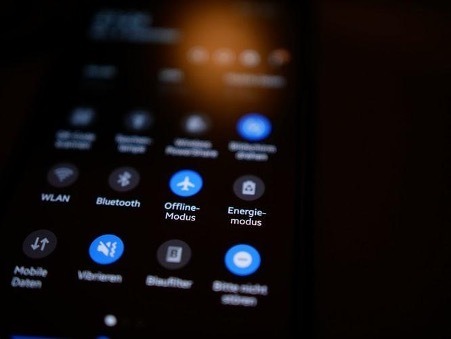
It looks simple, nice and elegant at the present day. Telegram, Instagram, Twitter, Facebook and Apple are only a couple of examples of the large brands that offer elective topics on their foundation. If you are interested in more design solutions, check the iPhone mockup collection.
2. Human touch
Hand-drawn design elements bring emotion and humanity to websites, something that deep down users who are tired of technology crave.
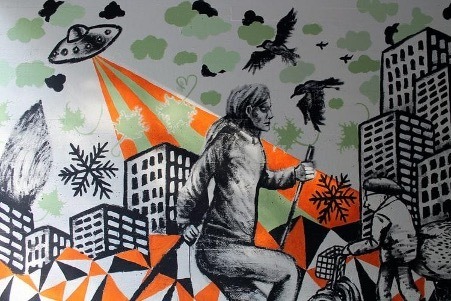
In fact, this rebellious trend is almost the opposite of pixel-perfect, so flaunt your ragged edges and exposed shapes to show how human and realistic your brand is.
3. Immersive 3D elements
Volumetric graphics have always fascinated people; it’s a trend that’s only been held back by technology and cost. Until virtual reality becomes more pervasive and cost-effective, hyper-realistic 3D imagery, which often spans the entire screen, is the best way to create an immersive experience on your site.
Thanks to advances in web technology and the constant refinement of their games, web designers are increasingly using 3D elements as VR/AR technologies gain momentum and add beauty and impact to 3D elements.
4. Delicate shadows, layers and drifting components.
Delicate shadows and drifting components make a pseudo-3D impact and make plans more layered and fascinating.
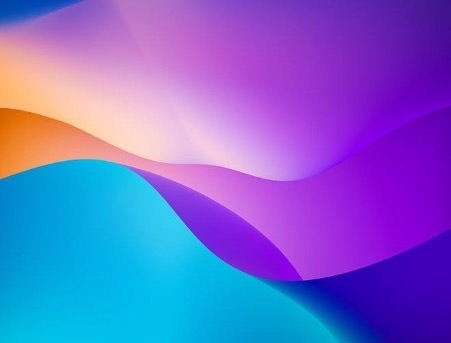
This pattern expects to make profundity. It works with the image, yet additionally with text and photographs, and gives the plan a feeling of daintiness, as though the components were coasting on top of one another.
5. Mixing Photography with Graphics
Using real photographs mixed with illustrations or graphics really captures the spirit of the brand. The style of these visuals can influence how people interpret the photo – cartoon swirls are better used for something more playful, and geometric swirls for something more complex. High-quality photos already look great on their own, but adding cool graphics will really show off your creative flair.
6. Solid frames in a single colour space
Layouts with a full crop release have long been a trend in web design.
Designers are now gravitating towards solid structures and playing around with different ways of using lots of white space (and space of any colour, for that matter) to give their designs more structure and use clean framing, in order to give the design a sense of stability and solidity, order and neatness.
7. Light and neon
Futuristic full colours like blue, purple and bright pink give the design a sense of radiance for the future. Professionals use bold colour combinations to make web design literally jump off the screen. This trend is particularly evident in duochrome web design.
It blends perfectly with other uptrends like extreme minimalism and dark mode. And luminous colours can really shine.
8. Ultra minimalistic navigation
Website content gravitates towards more voice-scripted video and less text. Over the past few years, navigation has become easier to adapt to very small devices and even less attention span. Extremely minimalist navigation removes much of the difficulty in usability.
9. Frosted glass effect
Recent advances in web technology have made it easy to implement a frosted glass effect on websites. The blurred appearance of elements behind the frosted glass overlay helps add colour to the area, as well as allowing text or objects to appear in the image and remain legible.
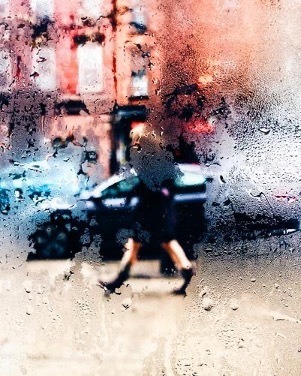
10. Photo art
The main idea is to dazzle customers and grab their attention by showing interesting and unrealistic elements. They make potential consumers use their imagination and stay on your website longer. In this way, you can increase your average session time and possibly increase your conversion rate.
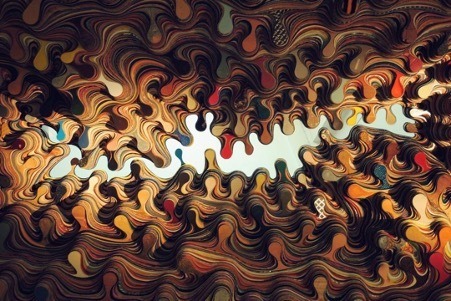
11. Realistic textures
After years of ethereal gradients and smooth isometric objects, textures are making a comeback. You can get users to reach out and touch textures by creating outlines and grains. However, try not to overdo it. You may end up diverting visitors’ attention to the wrapper rather than your brand.


